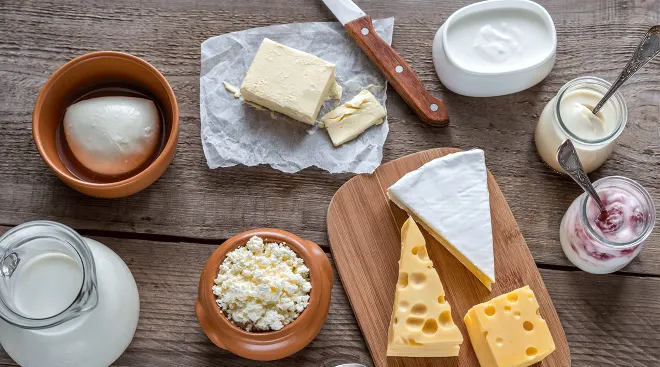There May Be a Link Between Processed Foods During Pregnancy and Autism, Researchers Say
As more and more kids are being diagnosed with autism, new research may be one step closer to determining the link between the food pregnant women eat during pregnancy and the effect on baby’s developing brain. Specifically, researchers at the University of Central Florida say processed foods may increase the chances of baby having autism.
The study’s authors identified molecular changes that take place when neural stem cells are exposed to high levels of Propionic Acid (PPA), an acid commonly found in processed foods. PPA is used to prevent mold from forming and increase the shelf life of packaged foods, such as processed cheese and bread. Scientists say high levels of PPA may also reduce the development of neurons in fetal brains.
Dr. Saleh Naser, who specializes in gastroenterology research at the College of Medicine’s Burnett School of Biomedical Sciences, began the study after reports showed that children with autism often suffer from gastric issues, such as irritable bowel syndrome. Naser then considered a possible link between the gut and the brain, and began examining how the gut bacteria differed between people with autism and those who don’t have the condition.
There are a few different ways scientists found PPA to be damaging to brain cells. First, the acid disrupts the natural balance between brain cells, by reducing the number of neurons and over-producing glial cells. Although glial cells help develop and protect neuron function, too many disturb connectivity between neurons and cause inflammation, which has been noted in the brains of children with autism.
Additionally, excessive amounts of PPA also shorten and damage pathways that neurons use to communicate with the rest of the body. The combination of reduced neurons and damaged pathways disrupt the brain’s ability to communicate, resulting in behaviors children with autism often display, including repetitive behavior, mobility issues and inability to interact with others.
Of course, more research needs to be done before drawing any clinical conclusions. Next, the research team hopes to validate its findings, by testing mice models to see if a high PPA maternal diet causes autism in mice genetically predisposed to the condition.
Please note: The Bump and the materials and information it contains are not intended to, and do not constitute, medical or other health advice or diagnosis and should not be used as such. You should always consult with a qualified physician or health professional about your specific circumstances.
Navigate forward to interact with the calendar and select a date. Press the question mark key to get the keyboard shortcuts for changing dates.




















































